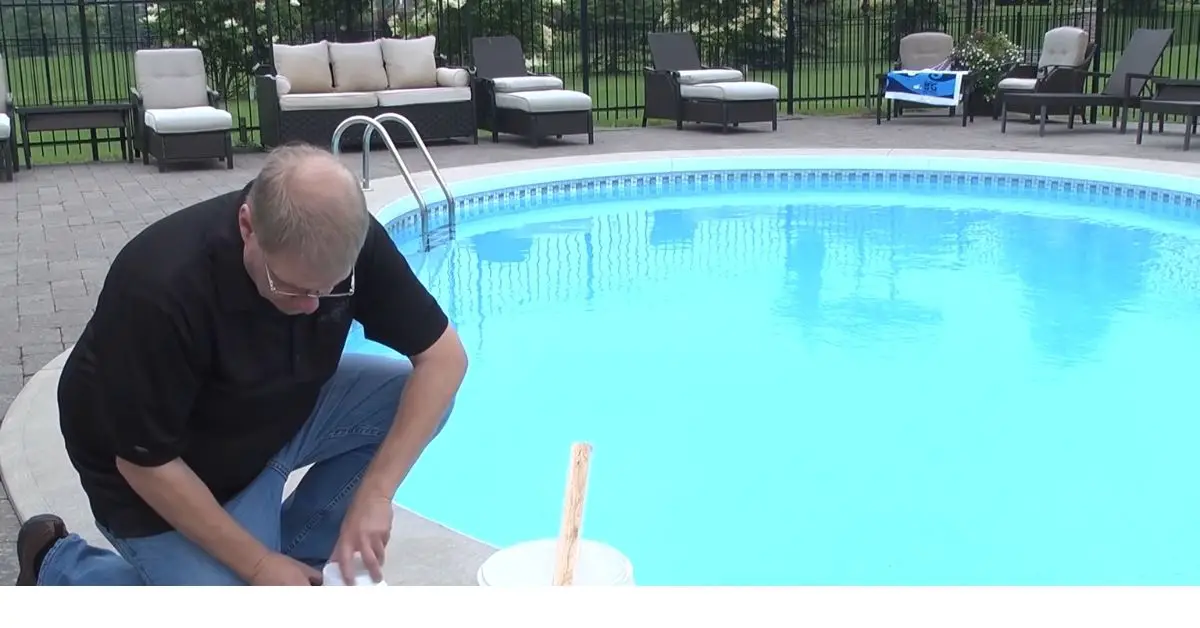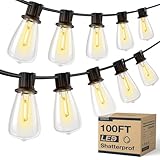In order to maintain a clean and sanitary pool, there are a number of different chemicals that should be used. Chlorine can be purchased as granular or liquid chlorine, and it kills algae and bacteria in the water.
Bromine-based tablets combine with chlorine to create a more effective disinfectant than chlorine by itself. Algae is also killed when bromine reacts with chloramines present in some pools. In addition, bromine will not react with ammonia which may cause an unpleasant odor if left untreated.
What pool chemicals do I need?
The first step you must take before purchasing any pool chemicals is determining what type of chemical treatment your pool needs. There are three basic types: algaecides, biocides, and oxidizers. These all work differently but they have one thing in common – they kill germs.
The following are the top 5 chemicals you need for your backyard pool:
- Chlorine: Chlorine kills algae and bacteria that can make people sick. It’s a good idea to use at least 1 ppm or more depending on how much time it takes to get rid of the algae.
- Shock: Shock works by breaking down organic matter into smaller pieces so that it will be easier for water filters to remove from the system. This helps prevent clogs in the filter.
- Bromine: Bromine is used as an alternative to chlorine because it doesn’t leave any harmful residue behind as chlorine does. However, bromine isn’t effective against viruses and parasites.
- Algaecide: Algae are microscopic plants that live in pools. They produce toxins that cause skin rashes if they come in contact with human skin. The best way to keep them out of your pool is to add algaecides regularly. These chemicals kill off the algae before it has a chance to grow.
- Flocculant: Flocculation occurs when particles stick together due to electrostatic forces or chemical bonds. It’s important to use flocculants during chlorination so that you don’t have floating chunks of dirt left over after treatment. If these pieces get into the pump, they can damage it.
How to store pool chemicals?
Pool chemicals should be stored in an area with little to no sunlight. This is because the sun will break down the chlorine, which is used to kill bacteria and other things that can make people sick. The best way to keep your pool safe from harmful chemicals is by storing them properly.
Cutter Backyard Bug Control Spray Concentrate (2 Pack), Kills Mosquitoes, Fleas & Listed Ants, 32 fl Ounce
26% OffEAST OAK Outdoor Storage Box, 31 Gallon Deck Box Indoor and Outdoor Use, Waterproof Resin Storage Bin for Package Delivery, Patio Cushions, Gardening Tools, Outdoor Toys, Lockable, UV Resistant, Grey
13% Offaddlon 100FT(50FT*2) LED Outdoor String Lights Waterproof Patio Lights with 32 Shatterproof ST38 Replaceable Bulbs(2 Spare), Dimmable Outside Hanging Lights Connectable for Porch, Backyard, 2200K
22% OffWhere to store pool chemicals?
Pool chemicals should be stored in a cool, dry place. It is also best to keep them out of direct sunlight. Chemicals should not be stored in the garage, basement, or other areas that are prone to moisture and high temperatures.
Where to store pool chemicals in the winter?
In the colder months, it is important to have a good place to store pool chemicals. This will prevent your pool from being exposed to air and bacteria which could cause a dangerous chemical reaction.
There are two types of materials that can be used for this purpose: a plastic container or a metal one. The former has an advantage over the latter because they do not rust when left outside during the cold season. However, if you choose to use a metal container, make sure that it does not get too hot as well.
Do pool chemicals freeze?
The answer is yes and no. Pool chemicals can react to cold weather in a variety of ways, from freezing in the container to reacting with other chemicals in the pool. Understanding what kind of pool chemical you have and how it should be stored will help ensure that your winter pool care is successful.
What pool chemicals to add first?
If you are new to pool ownership, it is recommended to start with chlorine tablets. They are easy to use and they do not affect the pH level of the pool. Other chemicals can be added later on if needed.
The most common ones include borax for algae control, copper sulfate or sodium dichromate for disinfection, calcium hypochlorite for sanitizer, and potassium permanganate for oxidizer.
Why are my pool chemicals not dissolving?
- This is a common problem for pool owners, and it’s usually due to one of two causes. The first cause is that the water in your pool is too cold. Chlorine and other chemicals need warmer water to dissolve properly. If you live in an area where the water temperature stays below 68 degrees Fahrenheit, you may want to consider using liquid chlorine tablets instead.
- The second cause is that there’s debris floating in your pool.
How to get rid of pool chemicals?
Pool chemicals can be removed by adding a sufficient amount of chlorine and waiting two hours. This will remove any residual pool chemicals that may have been leftover from the previous owner.
You should also add some additional chlorine if it has not already been added for at least 24 hours before this process begins. The best way to do this is with a chemical feeder or automatic chlorinator.
Will pool chemicals kill grass?
This is a difficult question to answer because there are many different types of pool chemicals. The most common type of pool chemical is chlorine, which will not kill the grass. The other type of pool chemical is called cyanuric acid, which will kill the grass.
How often check pool chemicals?
Pool chemicals should be checked regularly, with a few different types of checks. First, the pH level should be checked to make sure it is within the correct range (7.2-7.8). Next, chlorine levels should be checked to make sure they are at the desired level (1-3 ppm).
Finally, bromine levels should be checked to make sure they are at the desired level (3-6 ppm).
Why do pools need chemicals?
Pool water needs to be chemically balanced to prevent the growth of algae and bacteria. The chemicals also help maintain the pH level and the pool’s alkalinity. Alkaline water helps keep your skin healthy by preventing dryness and irritation.
It can even reduce sunburns. If you have an above-ground or inground swimming pool, then you will want to add some type of chemical treatment for disinfection purposes.
Conclusion
In conclusion, chlorine is probably the most important chemical in your swimming pool. It is important to know how much chlorine to add to your pool on a daily basis. When you are adding chlorine, make sure not to exceed the recommended amount because this may cause eye irritation and skin redness for swimmers.
When it comes to pool maintenance, knowing what chemicals to purchase and how to store them is essential. This article offers information on what chemicals are necessary for your pool and how they should be stored when not in use.





















